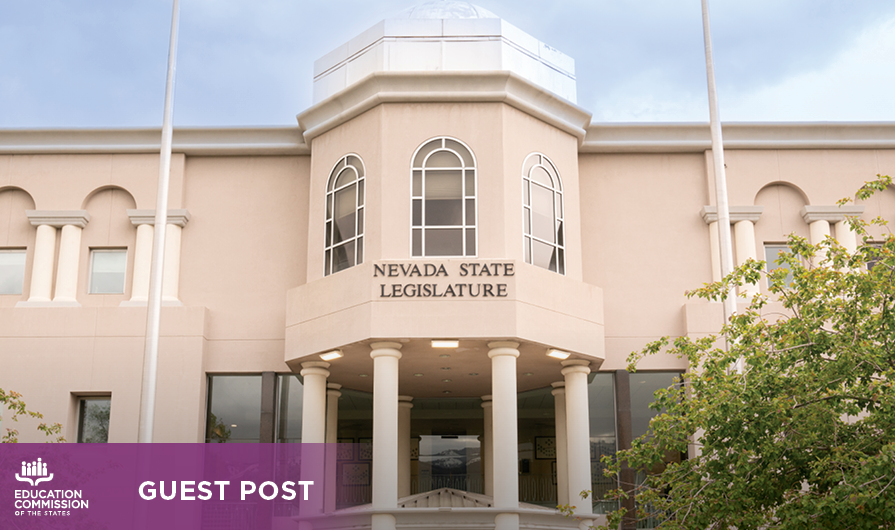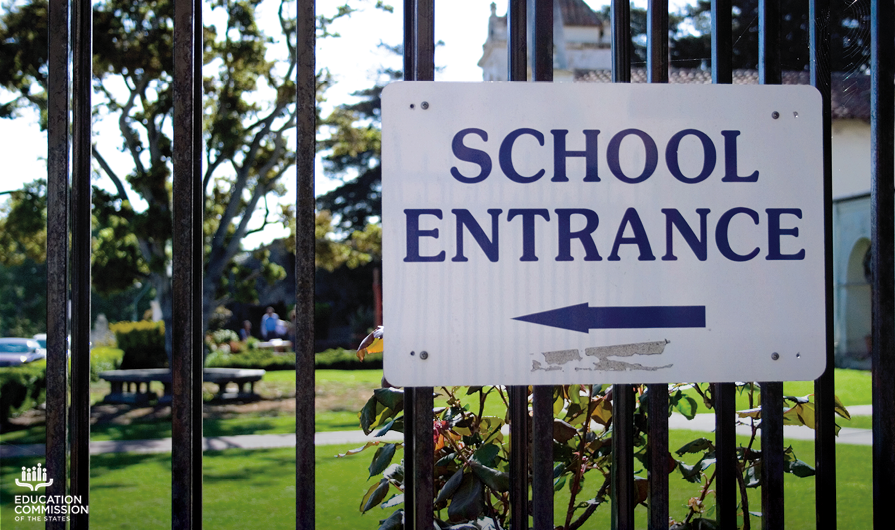Younger Americans often carry many labels, some fair and some unjust. They refuse to eat cereal because they’re too lazy to wash a bowl; they’re egomaniacs who love taking selfies; they are too politically apathetic to vote or otherwise make an impact on social issues. While there may be no hope for selfies, the rising number of campus demonstrations tells a different story of student activism. In early 2016, the Cooperative Institutional Research Program at UCLA predicted that a historic number of first-year postsecondary students expect to protest this year, based on the results of their annual survey on norms of the American freshman. Nearly one in 10 students said they expected to participate in protests; the highestsince UCLA began giving the survey 50 years ago.
Students are beginning to voice their opinions in greater numbers and on a wide variety of topics. From Florida State University students campaigning to block the appointment of a former state legislator to the college presidency, to student organized protests against sexual assault at Columbia, to the St. Louis University sit-in protesting the police killing of Mike Brown in Ferguson, Mo., students are taking a stand on everything from campus-specific issues to the politics of the world at large.
With student activism on the rise, conversations have begun at the institution and state levels regarding how to accommodate and protect student free speech. A number of states have introduced legislation modifying campuses to expand free speech and strengthen students’ rights.
Tennessee has introduced the TN Student Free Speech Protection Act, requiring governing boards of institutions to adopt policies that guarantee students “the broadest possible latitude to speak, write, listen, challenge and learn to discuss any issue that presents itself on campus” and protect students from punishment for doing so. Arizona House Bill 2548 would bolster a student’s legal protection by allowing the student to sue an institution if they believe their free speech rights were violated. Specific student groups are set to receive further protection as well. Illinois Senate Bill 2279 would ensure that an academic or athletic scholarship awarded to a student athlete may not be reduced or revoked because that student participated in a protest.
At the same time, however, some legislators have responded to increased levels of student activism by attempting to restrict or control student protests. For instance, the aforementioned Illinois Senate Bill came, in part, as a response to 2015 Missouri legislation that would have prohibited student athletes from refusing to play a game for a reason unrelated to health, an attempt at restricting protests like those conducted by the University of Missouri football team in response to Ferguson.
Again, student protests tend to magnify trending issues on postsecondary campuses and also serve as a reflection of problems faced by the United States as a whole. Institutions of higher education should be the confluence of competing mindsets. They should educate and challenge young thinkers both inside and outside of the classroom. As such, state legislatures should consider ensuring that protests are welcomed and protected. Because in the midst of social issues, ever-changing campus climates and a contentious presidential campaign, all signs suggest that they might not stop.










